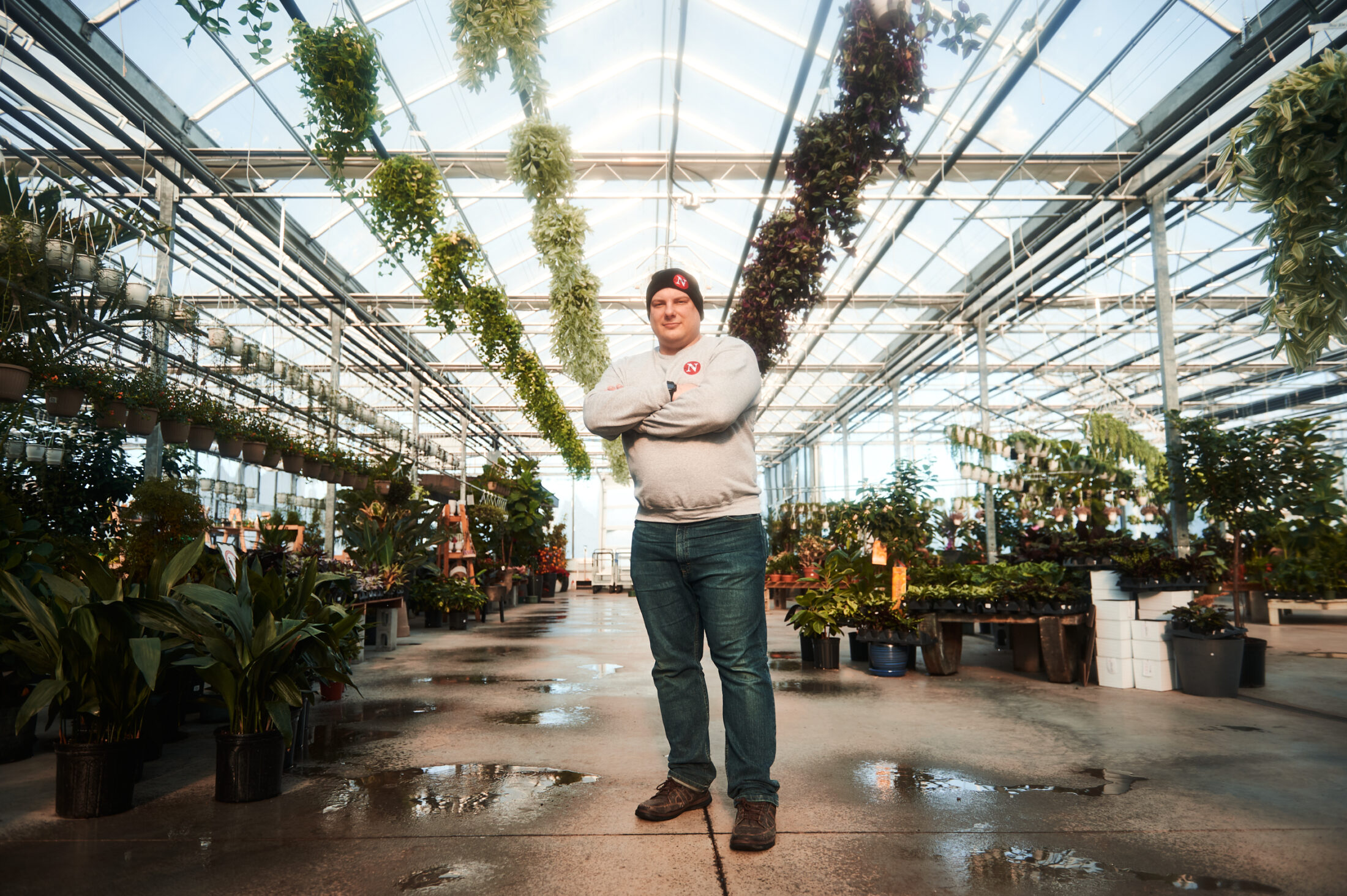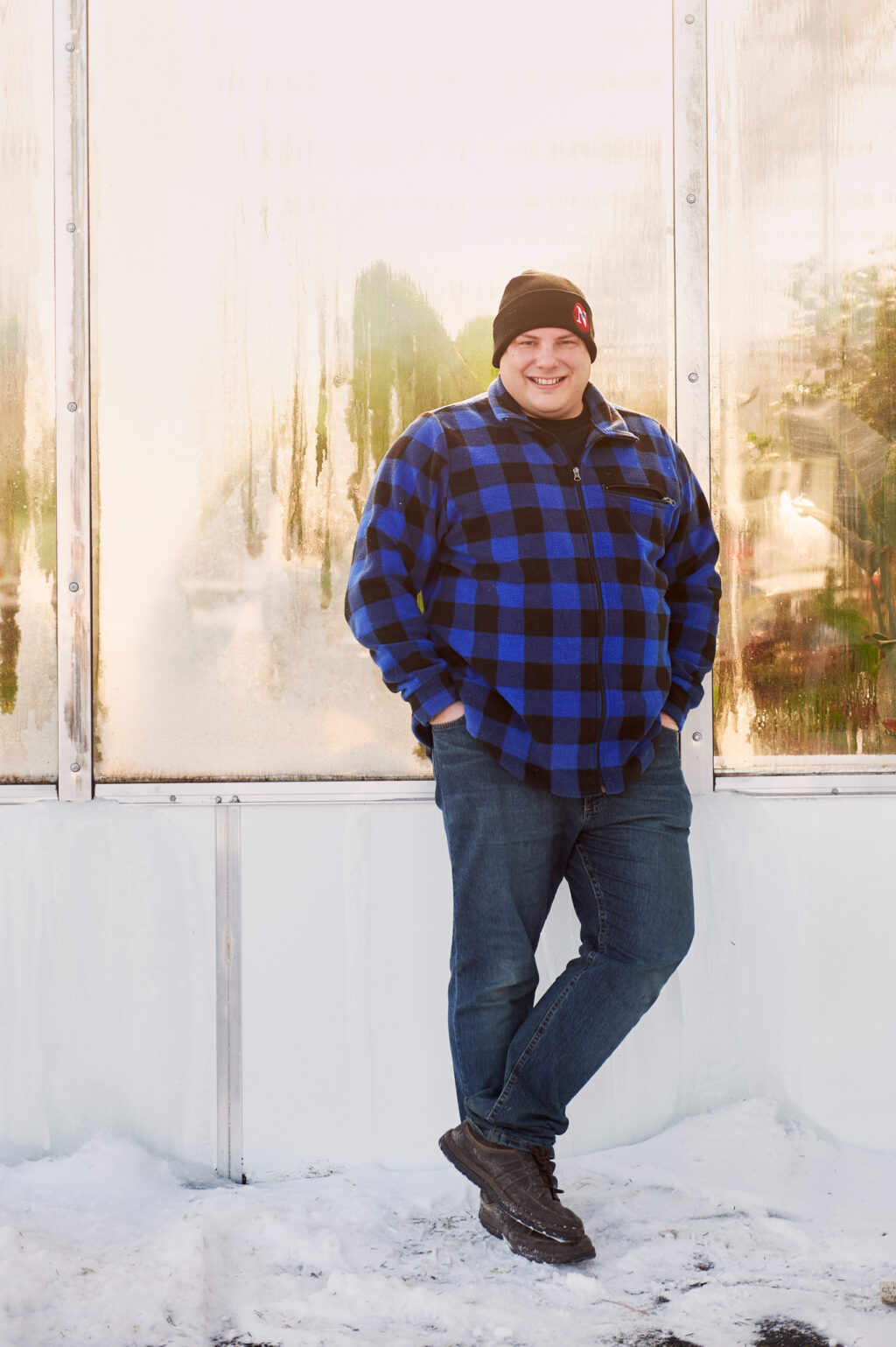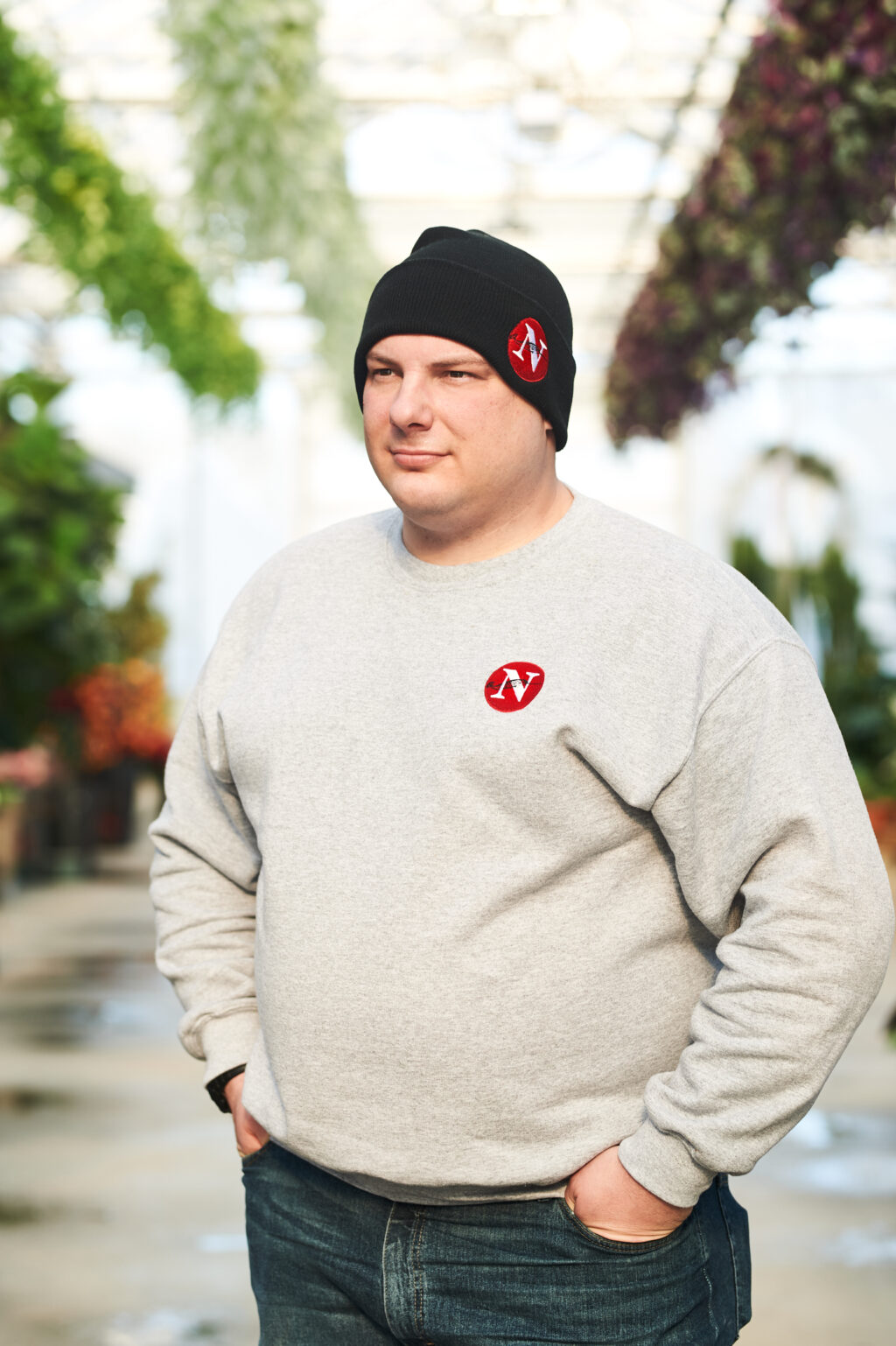
Water determines the Great Lakes Region’s economic future
Climate change, geopolitics and business opportunities power a blue economy
Carl Meyer caught the journalism bug as a student at York University.
He was studying political science at the time and recalls campus life being intensely political.
He says the administration was under fire following a rash of robberies and sexual assaults, triggering concerns it was not doing enough to ensure student safety. Students were also speaking out against racial profiling by security officers on campus, and various student groups engaged in fierce debates over international human rights issues.
“It all started to galvanize my belief in the power and necessity of journalism in the public interest,” Carl says. And so he decided to join the local campus newspaper, Excalibur.
Years later, Carl has established himself in the nation’s capital as one of the leading energy and environment reporters in the country. He has produced over 700 news articles over the past five years, including groundbreaking investigations about the influence of industry lobbying on federal climate change policies, as well as other environmental protection and public health matters.
It’s an area of reporting that Carl is now taking on full-time in Ottawa for The Narwhal in a unique beat that will be the first of its kind in Canadian journalism.
You can expect him to be keeping a close eye on the federal government and Parliament Hill. He’ll be shining a light on Canadian policy-making and on the people who pull the strings as new rules that have sweeping consequences on day-to-day life are drafted, adopted and implemented.
“Canada’s climate story is typically portrayed as an ideological battle over carbon taxes and emissions targets, with political leaders as players in some grand strategy game, but it’s so much more than that,” Carl explains.
“It’s about the fossil fuel lobbyists who have been whispering in the ears of government officials, and what those officials have done with that information when deciding how to tackle the climate crisis… I hope readers will learn that these issues are not just confined to one story or another, and are not just numbers on pages, but represent something that affects us all in deeply personal ways, and can have wide-ranging consequences for people’s lives, in particular for BIPOC and working-class folks.”
Carl’s work has been published in a range of award-winning publications, including Maclean’s, The Hill Times and National Observer, earning him recognition as a finalist for awards from the Canadian Association of Journalists for daily excellence and for promoting Reconciliation with Indigenous people in his reporting.
Carl is also known in the Ottawa party scene as a talented DJ. But lately, his attention has been focused elsewhere as a proud new parent.
“I love playing with my toddler – we read books, build blanket forts, sing songs and dance,” he says. “My partner and I are avid hikers, canoers and campers.”
We chatted with Carl about his reflections on journalism and how his work has changed since the global coronavirus pandemic.

I came into journalism in an informal way. I didn’t study journalism or communications in university. I was studying political science, which was heavy on theory, so I got involved with my campus newspaper as a way to keep myself grounded in the real world, and participate more in my community.
Campus life at York University was intensely political. The administration was taking heat for not protecting students following robberies and sexual assaults. Students were protesting racial profiling by security officers. Student groups clashed over human rights issues. It all started to galvanize my belief in the power and necessity of journalism in the public interest.
What I also found at that newspaper, Excalibur, was a group of inspiring, driven, curious people who patiently showed me the basics of what it was to be a journalist. I’m a learn-by-doing type of person, who enjoys getting deep in the details, and I fell in love with journalism’s process of peeling back the layers. I liked it so much that I moved to Ottawa to pursue more work in this field. I have been lucky enough to have continued working alongside other excellent mentors over the years.
Journalism’s biggest challenge is building and maintaining strong relationships with readers, in a world where society is polarized and trust in media has eroded — while at the same time, avoiding the temptation to feed that polarization and distrust in order to pay the bills.
Our modern information space has allowed people to build up these mental fortresses, where they only take in media that fits their worldview. You can react to that in several ways — one way is to throw up your hands and decide that this state of affairs is out of your control, so you might as well just tell people what they want to hear.
There is another way, and it’s much harder, which is to try and reach beyond the choir, dive below the surface, and show that the real world is complex, messy and doesn’t fit neatly into a hashtag. It is to try and highlight ambiguity instead of doctrine. To open people’s minds to the fact that change is possible.
To do all that, while running a media outlet that is sustainable, transparent and still based on core values, is no small feat.


Two things. First, I hope readers will learn that the issues are much more complicated than they seem. Canada’s climate story is typically portrayed as an ideological battle over carbon taxes and emissions targets, with political leaders as players in some grand strategy game, but it’s so much more than that.
It’s about the fossil fuel lobbyists who have been whispering in the ears of government officials, and what those officials have done with that information when deciding how to tackle the climate crisis. It’s about the scientists who have tried to warn those in positions of power about looming consequences, and the fixes they have proposed that have sat on desks collecting dust. It’s about the people directly affected by a shifting global economy and a warming climate, who have found themselves exposed and vulnerable as a result. It’s about the local communities who are stepping up to implement their own solutions and inspiring others to join them. It’s about environmental justice, Indigenous Rights and the quest for a greener, safer planet for everyone and all life.
Second, I hope readers will learn that these issues are not just confined to one story or another, and are not just numbers on pages, but represent something that affects us all in deeply personal ways, and can have wide-ranging consequences for people’s lives, in particular for BIPOC and working-class folks.
Before the pandemic, I would attend press conferences, networking events, committee meetings, scrums outside the House of Commons, and all sorts of other events in and around the Parliamentary Precinct, covering the news and also just chatting up colleagues or sources. When the pandemic was first declared, so many things went virtual and I was assigned to work from home. In addition, I had a personal reason to stay home as much as possible, as my partner was pregnant at the time and then we had an infant to protect. Soon after that I went on parental leave.
Not being able to be there in person definitely took away an unpredictability factor when it came to covering Parliament. I haven’t been able to bump into other people, for example, where I might then have a casual conversation that could inspire some new story lead. As well, asking questions to officials over Zoom just adds another layer of formality that can take away a moment’s authenticity. I’m hoping this year I can ease back into in-person Hill life.
I love playing with my toddler, we read books, build blanket forts, sing songs and dance to music. My partner and I are avid hikers, canoers and campers. We collect weird and wacky vinyl records and stuff our apartment full of antique art, furniture and maps. I’m a bedroom DJ who’s into techno, electro and ambient. I spend a lot of time on Google Street View. I have listened to every episode of NPR’s Car Talk.
Haha! No, but that was more about having a kid.
Get the inside scoop on The Narwhal’s environment and climate reporting by signing up for our free newsletter. On a warm September evening nearly 15...
Continue reading
Climate change, geopolitics and business opportunities power a blue economy

10 billion litres of sewage are dumped into Winnipeg’s lakes and rivers each year. Some...

Court sides with Xatśūll First Nation, temporarily halting Mount Polley mine waste expansion
